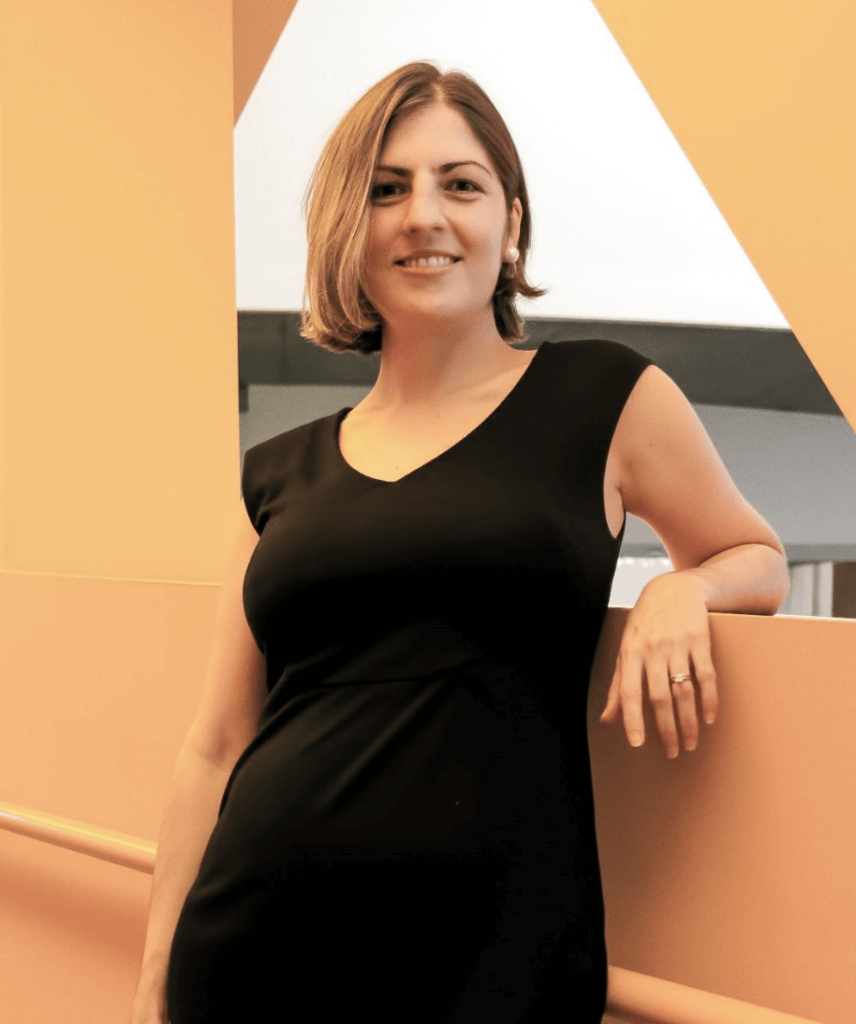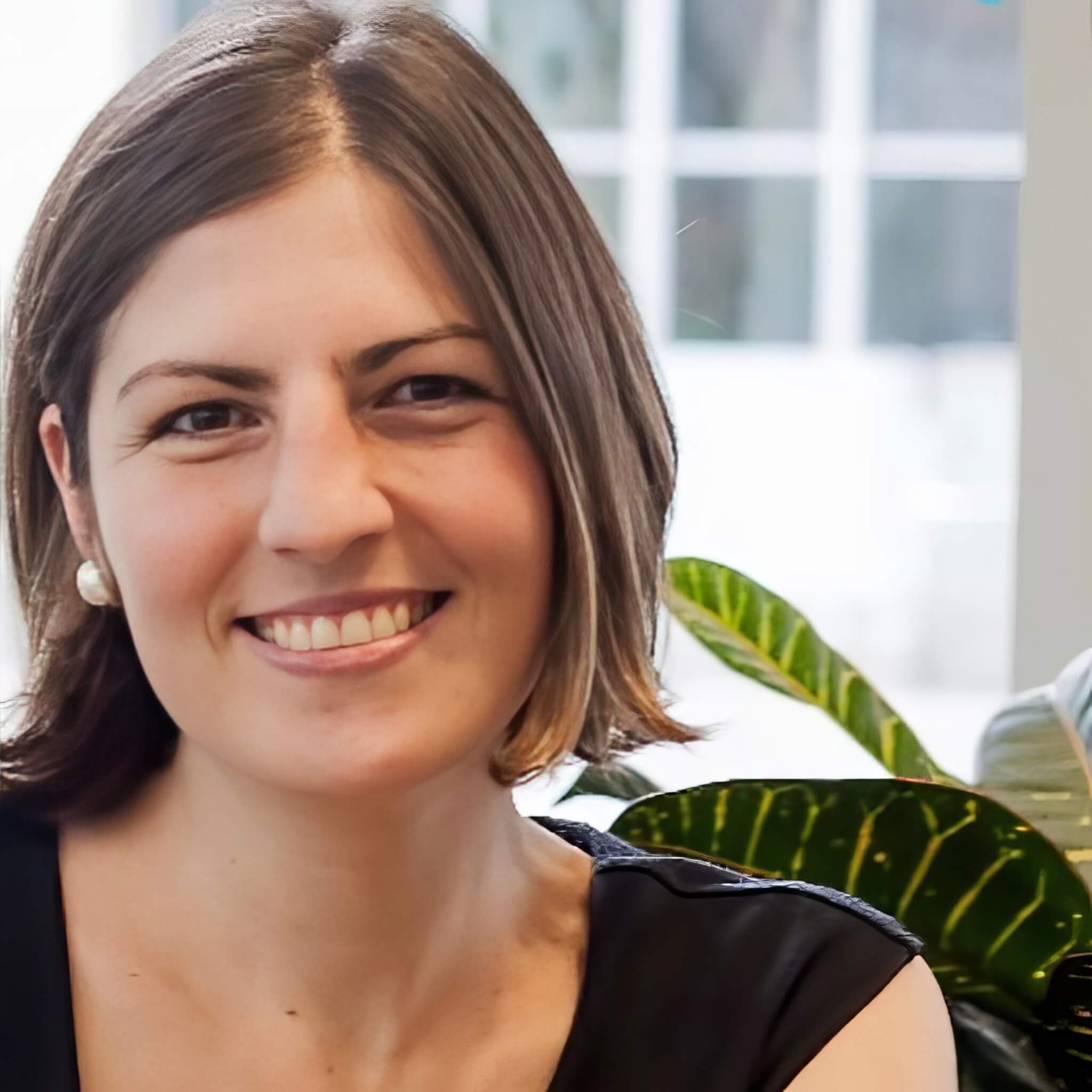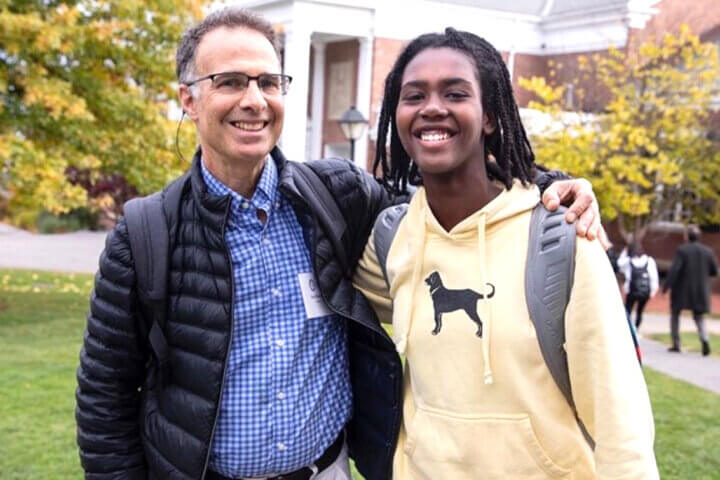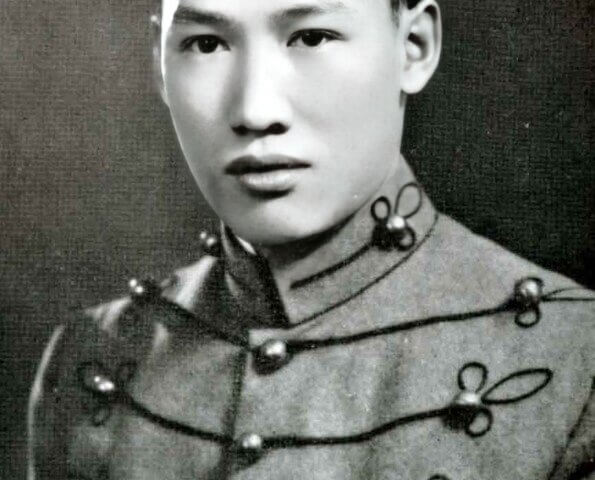By Betsy Levinson — Betsy@theconcordbridge.org
The town’s Diversity, Equity, and Inclusion Commission was created with the goal of ensuring that everyone who lives, works, attends school, or visits Concord feels welcome. With DEI at the center of a variety of town conversations, The Concord Bridge asked Co-Chair Andrea Foncerrada to describe her work now and offer her vision for the future.
How did you become co-chair of the DEI Commission? Do you have a background that made you a good fit?
My journey to becoming co-chair of the DEI Commission is rooted in my experience spanning over two decades, focusing on enhancing public service delivery in public organizations specifically within the realm of diversity, equity, and inclusion. With a graduate degree in public policy and management from Carnegie Mellon University and an executive MBA from MIT, I’ve honed an understanding of the complexities inherent in societal structures and governance systems. I also founded and currently run two businesses in the DEI industry that operate across 13 countries. What I seek to do as co-chair of the town of Concord’s DEI Commission is to bridge the gap between policy design and implementation, ensuring that our DEI initiatives not only address immediate needs, but also lay the groundwork for enduring societal transformation.
How do you see the DEI Commission’s role in town life?
In my view, the DEI Commission plays a pivotal role in shaping our town’s social fabric by crafting and implementing inclusive mechanisms and programs. The goal is to cultivate an environment where everyone feels empowered to fully engage and participate. What does this inclusive environment entail? It means eradicating concerns about survival, belonging, discrimination, neglect, or misunderstanding. True inclusivity, in my perspective, goes beyond mere safety; it entails fostering a space where individuals of all backgrounds — be it race, ethnicity, age, religion, socioeconomic status, gender, or sexual orientation — have equitable opportunities to thrive. It’s about leveling the playing field to ensure that not only can everyone survive and feel safe but can contribute meaningfully to our town’s progress and impact, regardless of who they are or where they come from.
Is there concrete evidence of discrimination in town? If so, where and what kind?
Last year, our commission, in collaboration with The Boston Center for Equality, conducted a community survey to seek the input of people who reside, study, or work in Concord on issues of diversity, equity, and inclusion to understand their perspectives and experiences on these issues. According to the survey results, 66% of respondents have witnessed or experienced a discrimination incident in the town of Concord.

What are the goals of the “You Belong in Concord” initiative?
[The] initiative, which I am leading, aims to achieve several key objectives:
1. Raise Awareness: The initiative seeks to raise awareness among employees of stores and restaurants in Concord about the importance of creating welcoming and inclusive spaces for all patrons.
2. Foster Understanding: The initiative aims to empower employees to better understand issues of diversity, equity, and inclusion, thereby fostering a more inclusive environment within their establishments.
3. Long-term Commitment: Unlike one-time acknowledgments, the initiative is designed to be a multi-year program. Participating businesses will earn a yearly badge or window decal symbolizing their ongoing commitment to inclusivity and equity.
4. Community Recognition: By displaying the “You Belong in Concord” window decal, businesses signal to residents and visitors alike that they prioritize inclusivity. This not only enhances their reputation, but also fosters a sense of belonging among community members.
We aim to launch the “You Belong in Concord 2024” program before the summer. Initial reception to the awareness training has been positive, with individuals asking insightful questions. This presents an opportunity for ongoing dialogue and education, highlighting the importance of inclusivity of everyone who lives, studies, works and visits Concord.
What other initiatives do you have in the works?
I am currently collaborating with three other commission members — Rose Cratsley, Nancy Brown, and Jimi Two-Feathers — on implementing an incident reporting mechanism in our town. This effort represents a collaborative effort between the DEI Commission, the police department, and the town administration.
Our focus is on developing two distinct components:
1. Non-Discrimination Policy: We are working to establish a comprehensive non-discrimination policy for the town. This policy will outline our commitment to fostering an inclusive and equitable community and provide clear guidelines on prohibited discriminatory behavior.
2. Reporting Procedure: Alongside the non-discrimination policy, we are developing a step-by-step procedure for submitting discrimination reports to the town. This procedure will ensure that individuals have a clear and accessible way to report incidents of discrimination, and that these reports are handled promptly and effectively.
Another initiative I’m exploring is the establishment of a workforce or workgroup dedicated to providing support and guidance to members of other commissions who seek to incorporate a [DEI] perspective into their tasks and initiatives. This workforce would serve as a resource hub, offering expertise, training, and best practices to help members of various commissions integrate DEI principles into their work effectively. By fostering collaboration and sharing knowledge across different commissions, we can amplify the impact of DEI efforts throughout the town and ensure that inclusivity is woven into the fabric of all community initiatives, ultimately leading to a more vibrant and equitable community for all.
This interview has been edited for length and clarity.






